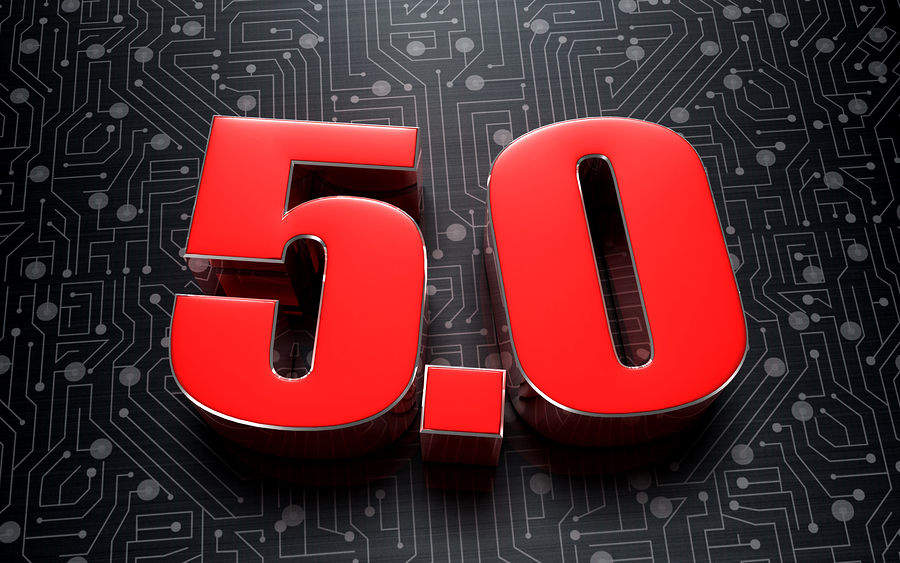Industrial automation has experienced a radical transformation in the past decade, as much a technological shift as a result of the changing economy. In today’s world of small production runs, fast shipping, and nimble operations, robotics and automation mean the difference between success and failure.
Robotics and industrial automation are growing in popularity, too. In fact, 34 percent of companies plan to involve robotics and automation to improve their supply chain efficiencies. Within five years, experts expect that robotics and industrial automation will be used in more than half of companies. So what exactly is industrial automation? How do you get started? And most importantly, are our human colleagues’ jobs now at risk?
Industrial Automation 101
Let’s start by defining what industrial automation is: the use of control systems—computers or robots—and information technologies, instead of humans, for handling different processes and machineries. That sounds cold and like a lot of human jobs could be on the line, but that’s not necessarily the case. While industrial automation’s early purpose was to increase productivity—after all, machines can work 24/7 and don’t need weekends, sick days, holidays, or paid vacation—the focus has now shifted instead to increasing quality and flexibility.
While initially used for large-scale homogenous production, industrial automation is becoming far more scalable and customizable, allowing companies to select only what they need to implement a cost-effective solution.
Humans and Robots: Job-Stealers, or Ushering Industry 5.0?
With all the good that industrial automation can do, there is the underlying concern that the proliferation of robots will put humans out of work. Fortunately, while the new technologies do replace humans when it comes to many mundane, tedious, and repetitive actions, at the same time, these technologies are freeing people up for other opportunities. Not only do the technologies require programming and building, but they also allow a company to be more competitive, which leads to growth, and then to additional human headcount to handle the uptick in business volume.
Many experts are dubbing this new collaboration between human and automation as the next step in the industrial revolution. This new phase, Industry 5.0, is all about bringing back the human touch, understanding what should be automated and what should not (even if it can be automated). Manufacturers must understand where automation will add the most value to their processes. For example, automated inspections are generally more efficient and more effective than human inspection. Yet it is when humans’ work is integrated with robots that the best quality product reaches the market.
Getting Into Automation
As you can see, there’s no doubt that the appetite for automation is growing to the point where it’s not knowing whether or not you need to automate but choosing which technology solutions you need for the best result. There are many things to consider depending on the individual needs of your business, but one you certainly cannot overlook is barcoding.
Barcode technology plays an important role in key applications such as quality control, on-line monitoring, classification, and batch tracking. It prevents errors or helps correct errors that occur within the process. For example, a packaging system may use barcodes to ensure the product matches the packing box. Barcodes can also be integrated with inspection processes for optimized line efficiency and continuous improvement. Collecting this data from products allows easy communication through the entire supply chain.
Industrial Automation With Accounting Systems, Inc.
Automating any manufacturing process can be a daunting task but, if you have the right equipment and software, industrial automation is a much easier implementation than you might expect. Whether you’re looking to connect an existing barcoding system to industrial automation, or build your industrial automation process from the ground up, you’ll have greater success with the right software partner on hand.
For more than 30 years, Accounting Systems, Inc. has been helping businesses of all sizes find the right software solutions to connect barcoding, warehouse data, financial data, and more for the best automation processes to drive success. It’s time to connect with one of our experts to get industrial automation humming in your organization. Let’s talk.

